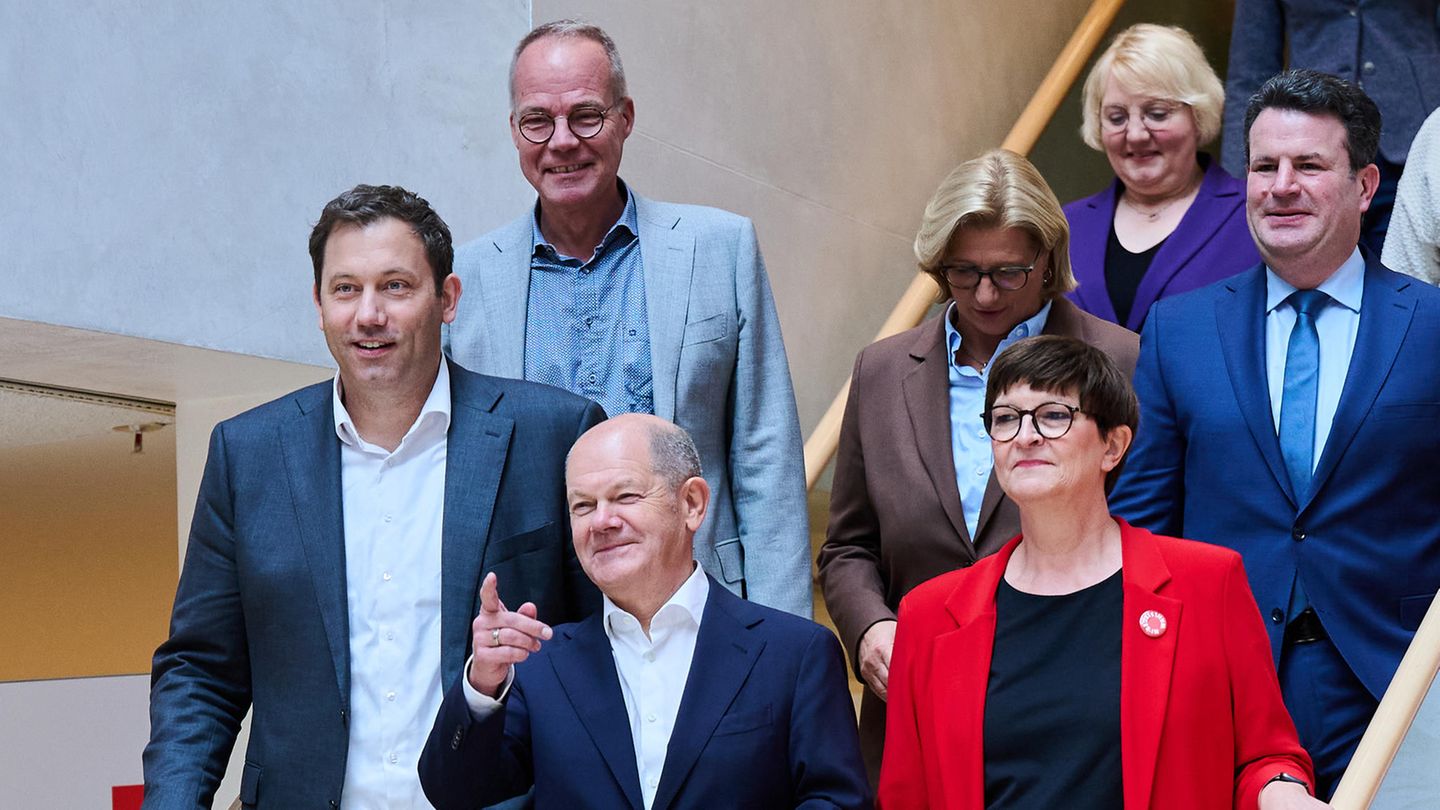column
Matthias Miersch is the new SPD general secretary. However, not all of the campaign tactics the party uses are as new as this face.
Matthias Miersch, the new general secretary of the SPD, immortalized himself in my political brain in 2017 with a remarkable proposal. It was those weeks after Angela Merkel failed to form a Jamaica coalition made up of the Union, FDP and Greens. At that time, Christian Lindner still said: “It is better not to govern than to govern incorrectly.” The SPD, however, was faced with the question of whether it should help the Chancellor into office again as a coalition partner – and itself into a few ministerial chairs.
At that time, Miersch suggested, as a compromise between opponents and supporters, that the SPD should not enter into a grand coalition with the Union again, but only into a kind of grand cooperation. Some important projects would be firmly agreed upon, for example the budget. Others would be left to the play of forces in parliament, where majorities beyond the CDU/CSU and SPD should also come together. In this way, the Social Democrats are not so tied to the government and can also pass a law with the Greens, FDP and the Left.
In theory of democracy, this Groko light was an interesting idea, but in terms of power politics it was pure madness. Merkel didn’t get involved, and enthusiasm in the SPD was also limited.
I thought of those days in 2017 when I saw Miersch at his first public appearances as Secretary General. At that time, his aim was to bring the SPD a little closer to the Union. Now he wants to move the SPD as far away as possible from what the Social Democrats now call “the Merz CDU” like an insult. Miersch, the calf biter. What the life of a politician has in store.
Not the same, but something similar
What else do we know about the election campaign that the SPD has just started? She helps herself. This is obvious with the election promises. Because the campaign for a minimum wage of 12 euros in 2021 was so successful, the Social Democrats are now promising 15 euros.
The reminiscences in statements made by top staff are not so easily recognizable. Lars Klingbeil’s new favorite sentence is that political success can be organized. This is borrowed from Franz Müntefering, who was responsible for the successful SPD election campaign in 1998 and liked to preach: “Politics is organization.” Incidentally, within the party, the variant was: “Organizational questions are questions of power,” which Klingbeil took to heart in an exemplary manner by appointing his Lower Saxony compatriot and friend Miersch.
Then there is a sentence that Olaf Scholz recently said about the pension reform. In response to the accusation that it is not yet financed in a way that is fair to all generations, he countered that this was “the view of an exclusively establishment-oriented expert landscape that has its sheep high and dry.” The somewhat awkwardly formulated contempt for expertise reminded me of Gerhard Schröder’s compressed election campaign hit about the “Professor from Heidelberg”, with which he lambasted the tax plans of Paul Kirchhof in 2005, who was supposed to become finance minister for the CDU.
So everything comes back at some point – not the same, but similar. In this respect, the SPD is a conservative party. And who knows: If after the federal election there is only enough for a majority for the CDU/CSU and SPD in the face of all the AfD and BSW, Matthias Miersch might once again propose a GroKo light.
Source: Stern
I have been working in the news industry for over 6 years, first as a reporter and now as an editor. I have covered politics extensively, and my work has appeared in major newspapers and online news outlets around the world. In addition to my writing, I also contribute regularly to 24 Hours World.




